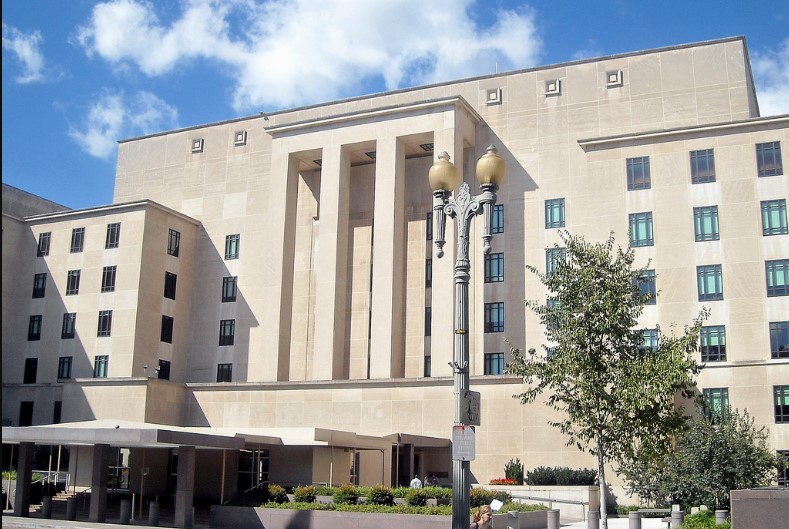Last December, I was offered my dream internship — working with the U.S. Department of State — after a two-month application and interview process. As a master’s student in global policy studies, the opportunity to work for a summer at the U.S. Mission to the UN in Geneva would be a once-in-a-lifetime opportunity. It would also complete my degree’s internship requirement. It seemed too good to be true.
Unfortunately, it was.
Each prospective state department intern must receive a security clearance. I filled out my SF-86, the detailed, thorough security background form, on Dec. 9, the day after I received my offer. I met with an investigator in January and consistently followed up with him throughout the spring.
I was a bit obsessive, calling the student internship program office almost every day for three weeks. They couldn’t provide any update and I found myself approaching the end of the semester with no set internship plan. Luckily, I was able to secure an internship at a DC think tank in the event my clearance did not come through.
I received an interim clearance on June 21, halfway through the summer, and too late to complete my program’s 400-hour internship requirement to graduate on time.
My story is not unique, and this issue goes beyond internships. In March of this year, a report found that “the total OPM security clearance backlog stands at more than 700,000. It currently takes about 500 days to get a top secret clearance and 260 days to get a secret clearance.”
I have several colleagues who have graduated from master’s programs with offers from executive agencies or the intelligence community. As they wait on their clearances, some are in DC working at Starbucks and Trader Joe’s just to pay rent. One person has been waiting for her clearance for over two years.
This is more than just a problem. It is a threat to both our national security and the health of our democracy.
The inefficiency of the security clearance process deters the best and brightest from pursuing federal employment. Private sector offers carry higher salaries and a guaranteed start date.
The system is broken, and it’s getting in the way of our ability to compete on the global stage and build a strong base of consistent, nonpartisan public servants.
We should strategically rethink the approach to our security clearance process. I offer two suggestions:
- Allow employees to begin working after passing a basic background assessment but before their clearance is processed. New employees should be able to begin components of their job that do not require handling classified material.
- Harness new technology to streamline clearances. For example, to cut down on the timeline of background investigations, clearance officers and investigators should conduct interviews over Skype.
These steps have enormous potential. As a public policy graduate student, I know my peers and I are intimidated by the security clearance process when beginning the job search. These are intelligent, driven, well-educated, and service-oriented young people who want to serve our government.
So please, let us!
At the risk of sounding naïve, I view it as an honor to work as a public servant of the United States. I love this country. I have immeasurable respect for the individuals who have dedicated their lives to our democracy. I recognize America’s flaws, but I also believe in her strength to be a force for good in this world.
I am reassured to know many of my peers feel the same. But I am worried that despite our desire to work for the government, we won’t be able to without sacrificing two years of our lives waiting for a security clearance.
To steal the words from the musical Hamilton, there is a generation of “young, scrappy, and hungry” Americans ready to enter into a career of public service. But while we are young, scrappy, and hungry, we are also waiting. That is hurting us, and it is hurting our country.

